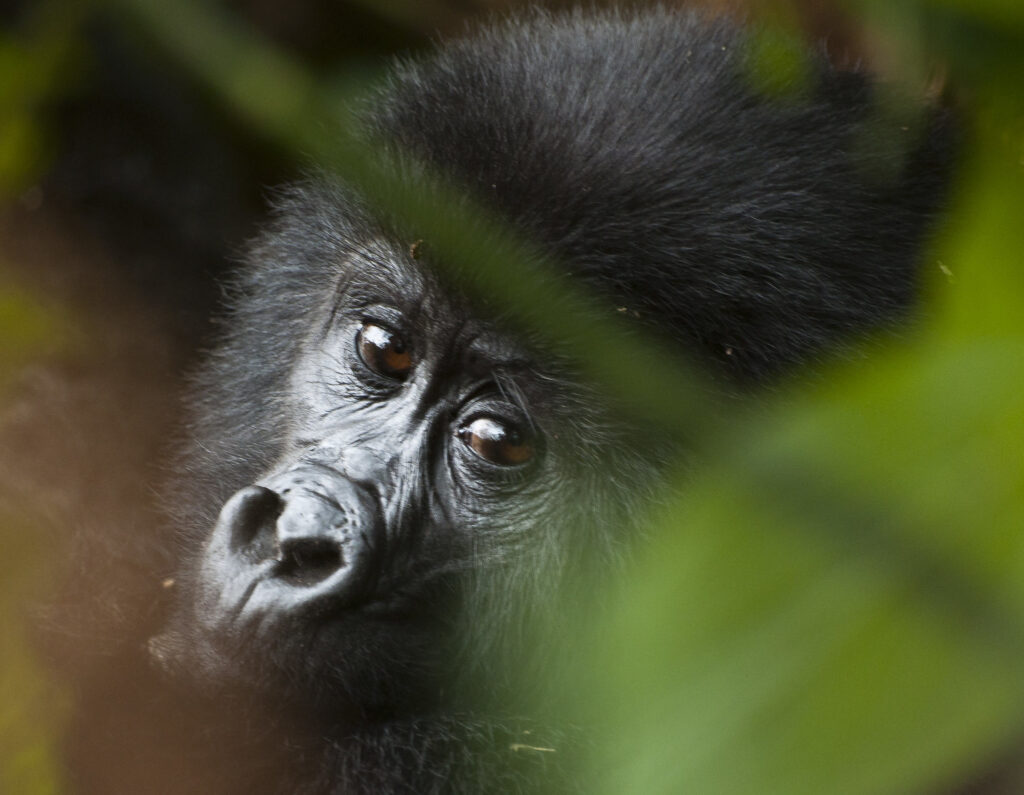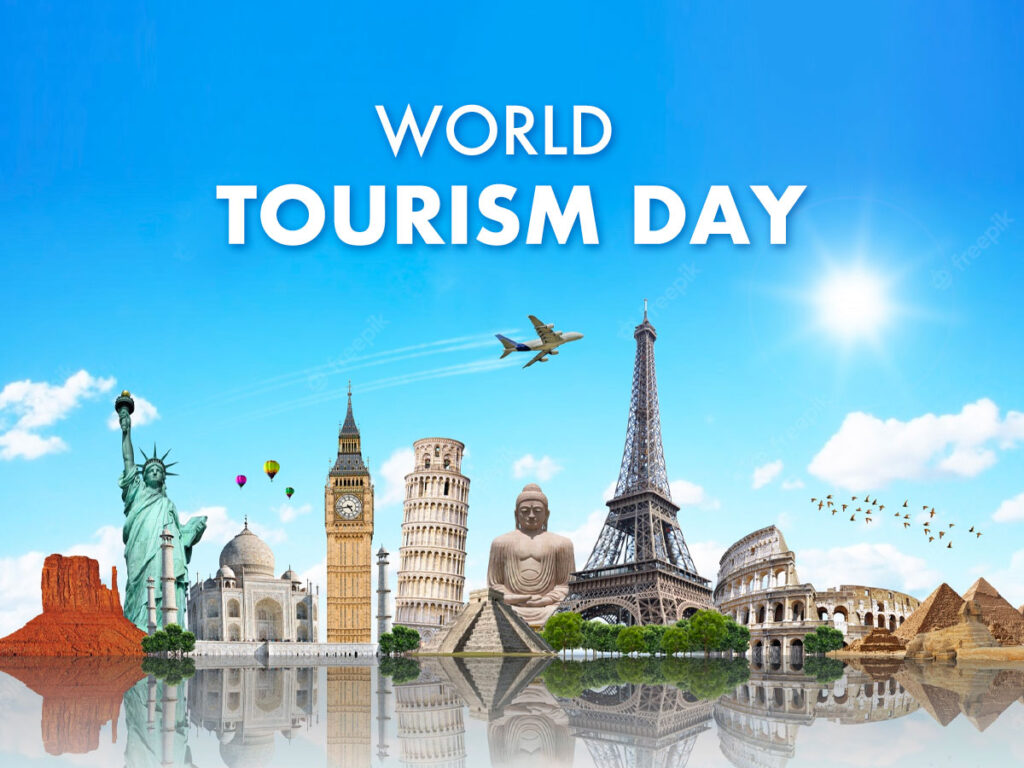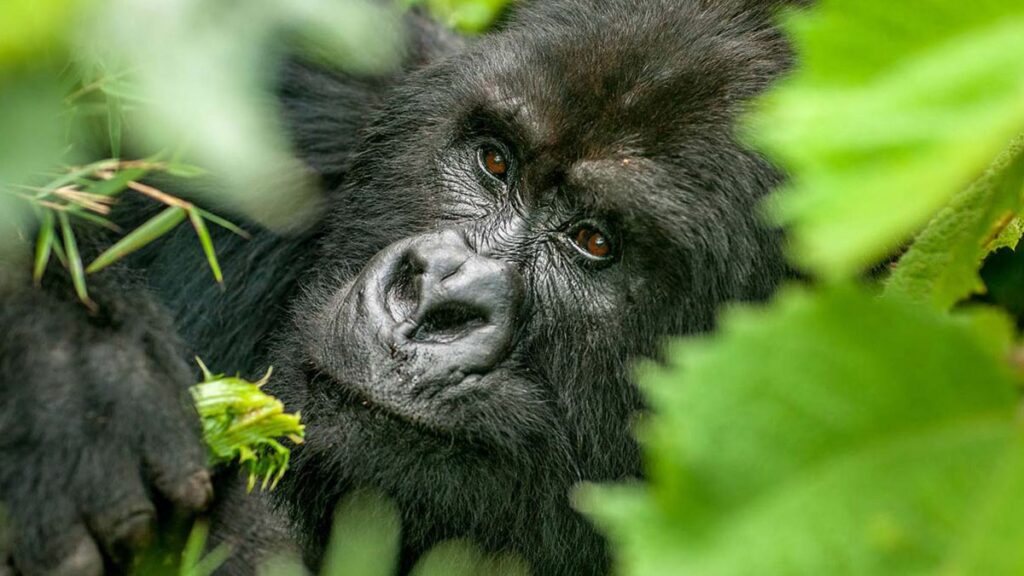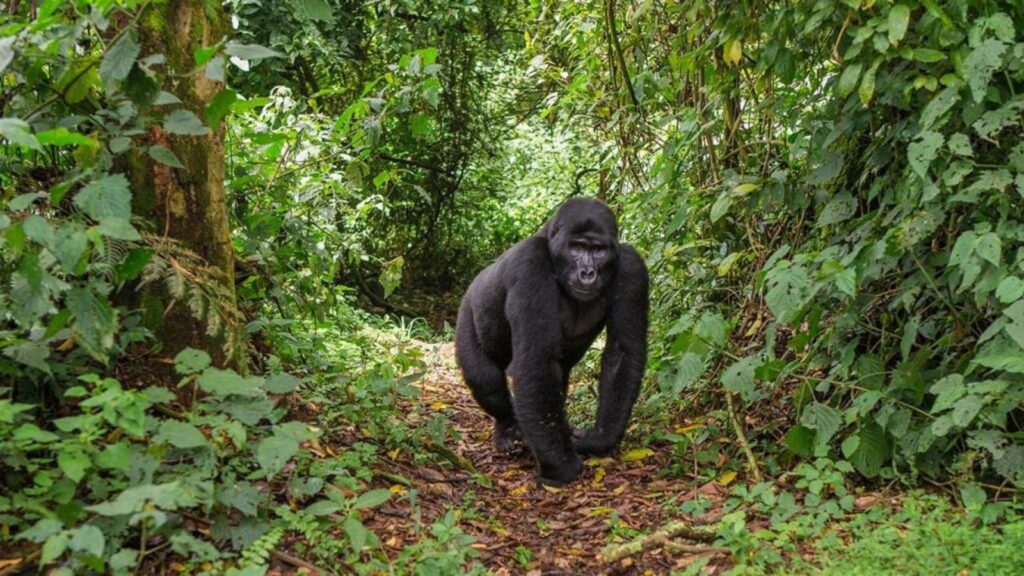Lodge Safety Tips for Travelers
A safari lodge stay offers a rare mix of comfort and wilderness. Waking up to birdsong, watching mist rise over the forest, and falling asleep to the distant calls of nature are all part of the African experience. Yet, because most lodges are located deep in national parks and remote rainforest areas, understanding a few safety basics can make your stay smooth, secure, and enjoyable. Whether you are trekking gorillas in Uganda, exploring Rwanda’s volcanoes, or relaxing in Congo’s forest lodges, awareness and preparation go a long way toward ensuring peace of mind.
Understanding Safety in Remote Safari Lodges
Lodges near gorilla parks are typically surrounded by wild landscapes — dense forests, hills, and rivers that wildlife also calls home. These properties are built to immerse guests in nature without compromising their safety. Most lodges work closely with park authorities and employ trained security teams and rangers who monitor the area day and night.
However, travelers should remember that these are natural environments, not urban hotels. Responsible lodges operate within conservation guidelines and take precautions to keep both visitors and wildlife safe. Following lodge instructions, staying alert, and respecting nature ensure that safety and serenity go hand in hand.
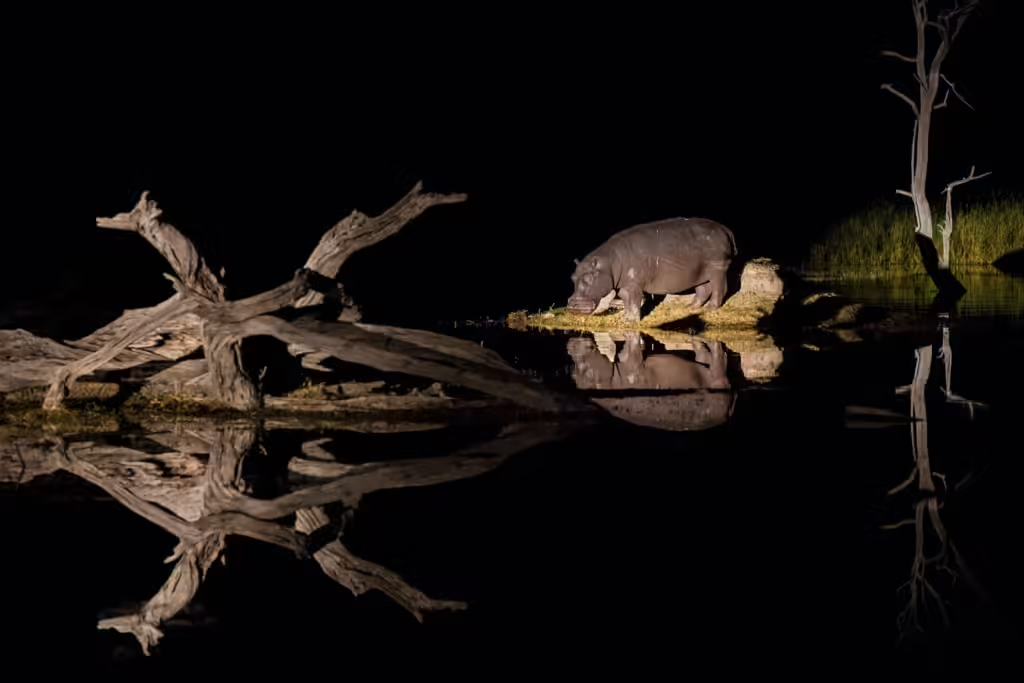
Choosing a Lodge with Reliable Safety Standards
The first step to a safe stay begins at the booking stage. Always select lodges that are certified by national tourism boards or recommended by established operators. Well-managed lodges maintain high safety standards, clear guest briefings, and visible staff presence at all hours. When you book through trusted platforms such as Gorilla-Permits.com
, every property is vetted for security, comfort, and service quality.
Reliable lodges have secure perimeters, designated walking paths, and trained guides who escort guests after dark. Upon check-in, you will often receive a safety orientation explaining wildlife behavior, movement restrictions, and emergency procedures. Taking these instructions seriously is the foundation of every safe safari experience.
Respecting Wildlife Boundaries
One of the biggest thrills of staying in a rainforest lodge is being close to nature, but that closeness also demands respect. Gorillas, monkeys, and even elephants may occasionally wander near lodge grounds, drawn by fruit trees or forest scents. While sightings are exciting, travelers should never approach, feed, or attempt to photograph animals at close range.
Keeping a calm distance allows both humans and wildlife to coexist peacefully. Lodges employ rangers or wardens who handle such encounters safely. Following their guidance and maintaining quiet during sightings not only ensures safety but also supports ethical wildlife conservation practices.
Keeping Your Room Secure
Basic precautions inside your room help maintain comfort and security. Always close windows and lock doors, especially at night. Store passports, valuables, and electronics in the safe or hand them to the lodge manager for safekeeping. Avoid keeping food in your room, as the scent can attract small forest animals or insects.
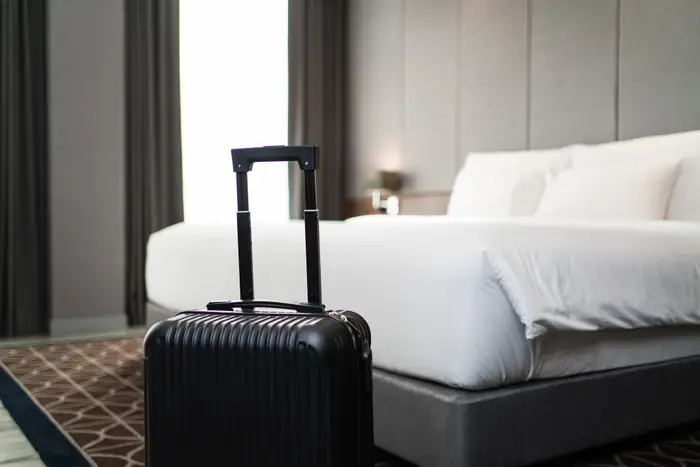
In eco-lodges that rely on natural ventilation, staff often provide mosquito nets and insect repellent. Using them properly prevents discomfort and ensures peaceful sleep. These small habits make your stay both safe and restful in the heart of the forest.
Nighttime Movement and Lodge Etiquette
After sunset, movement around lodges is generally limited to ensure safety. Staff are trained to escort guests between dining areas and rooms once darkness falls. Always wait for an escort, especially in lodges surrounded by dense forest. The pathways may be uneven or slippery after rain, and using a flashlight or headlamp is recommended.
Avoid exploring outside designated areas or taking shortcuts through vegetation. Respecting curfew times and remaining within the main lodge compound at night keeps both guests and wildlife undisturbed. The quiet stillness of the evening is best enjoyed from your veranda, by the fire, or from the comfort of your bed.
Fire and Electrical Safety
Many mountain lodges use fireplaces or lanterns to create warmth and ambiance. While they add charm, guests should handle them carefully. Allow staff to manage open fires and avoid leaving flames or candles unattended. Do not dry clothes too close to fireplaces or electrical heaters.
Eco-lodges often rely on solar energy, meaning electricity may be limited to specific hours. Use power wisely and avoid overloading outlets with multiple chargers. Following these simple practices ensures safety for you and the environment.
Staying Healthy and Insect-Free
Tropical forests are home to many insects, including mosquitoes. Most lodges provide treated nets and repellent, but travelers should also apply insect protection before dusk. Wearing long sleeves and light trousers in the evening helps prevent bites. Always drink filtered or bottled water supplied by the lodge, and avoid brushing teeth with tap water unless advised it’s safe.
For added peace of mind, travelers are encouraged to consult their doctor before travel for recommended vaccines and malaria prophylaxis. Good hygiene, rest, and hydration go a long way toward keeping you healthy in the rainforest climate.
Weather Awareness and Terrain Safety
Rainforest regions are known for sudden downpours and slippery paths. Guests should walk carefully on wet ground and use handrails where available. Lodges provide umbrellas, walking sticks, or gumboots for short movements during rain. In mountain lodges such as Nkuringo or Ruhija, mornings can be misty and cool, while evenings require warm clothing.
Listening to staff advice on weather patterns helps you plan your activities wisely. Avoid hiking or walking off-trail without a guide, as visibility can drop quickly during heavy fog or rain.
Communicating with Lodge Staff
Your lodge team is your best safety partner. Communicate openly about your plans, comfort level, and any health concerns. If you wish to leave the lodge area for a walk, always inform reception or your guide. Staff are trained to assist in all situations, from minor injuries to unexpected weather changes.
They also keep radio contact with park authorities and can coordinate medical support or ranger assistance if needed. A respectful relationship between guests and lodge staff builds trust and ensures everyone’s wellbeing.
Traveling with Local Experts
One of the most effective ways to ensure safety is by booking your entire safari through experienced operators. When you travel with Gorilla-Permits.com
, every part of your journey — from your lodge choice to your transport routes — is planned with safety and reliability in mind. The team partners only with verified lodges that follow strict conservation and guest protection standards. This professional coordination means you enjoy the adventure with complete confidence.
Plan a Safe and Peaceful Stay
Safety in Africa’s lodges is built on preparation, respect, and common sense. The forest may be wild, but it is also peaceful when approached with care. Choosing responsible lodges, following guidance from staff, and traveling with trusted operators ensures every traveler feels secure while surrounded by nature’s beauty.
For safe, authentic, and well-organized lodge experiences across Uganda, Rwanda, and Congo, plan your journey with Gorilla-Permits.com. Your comfort, safety, and adventure are our top priorities.

